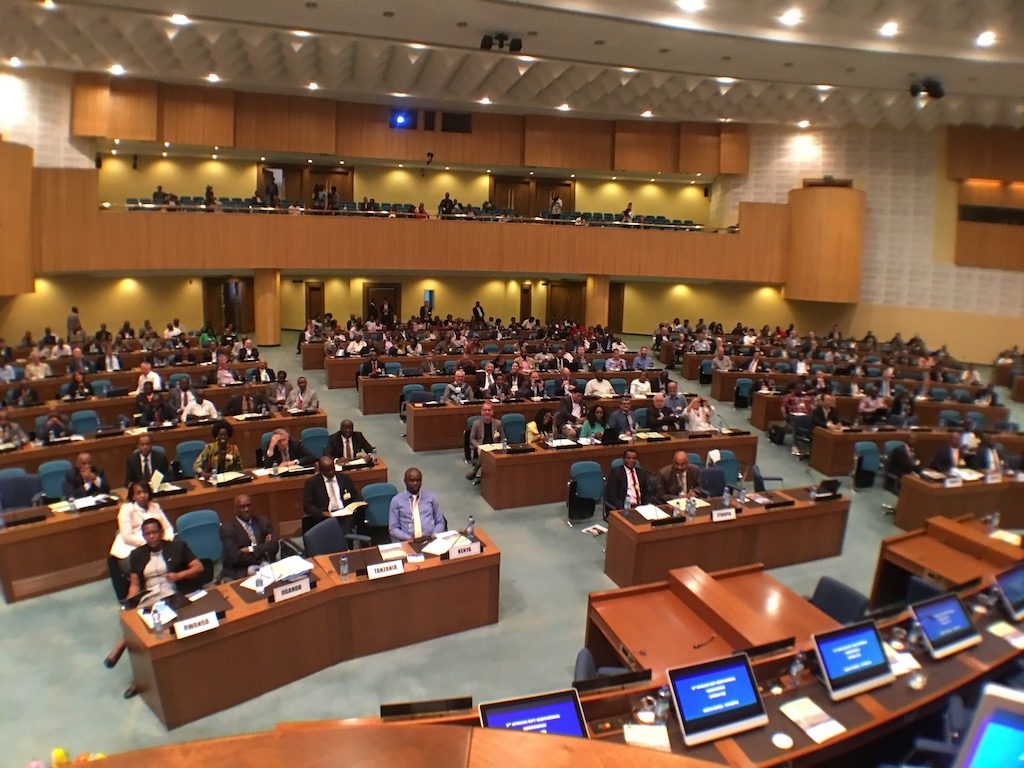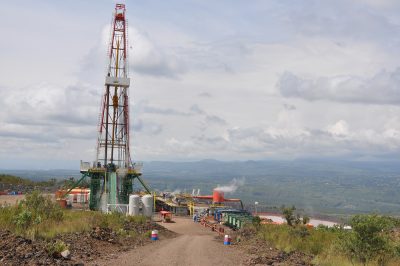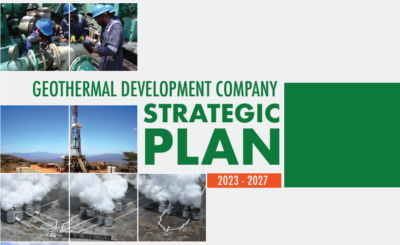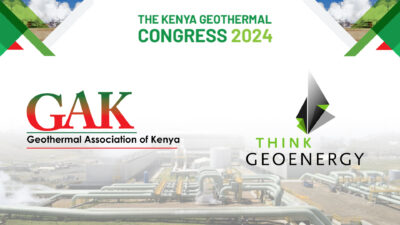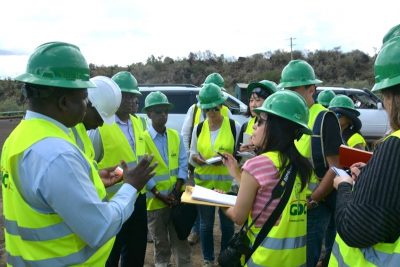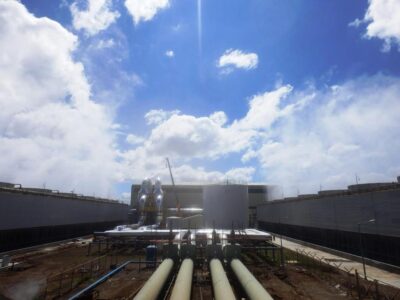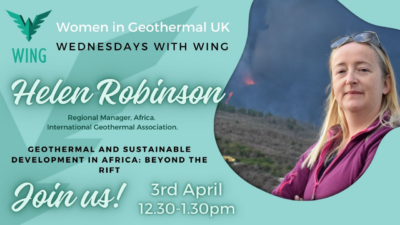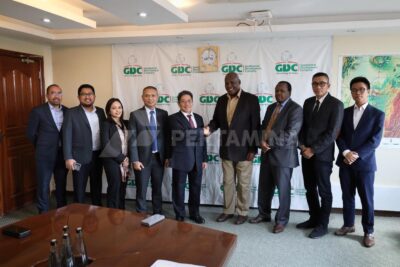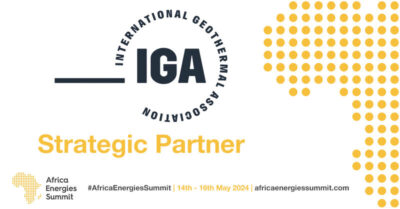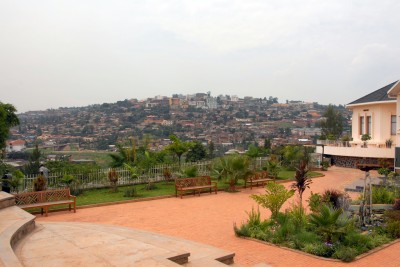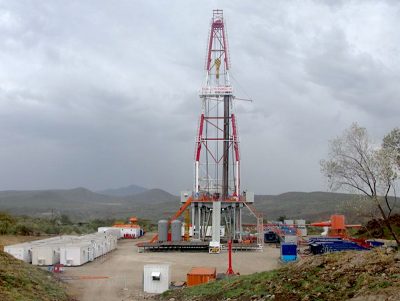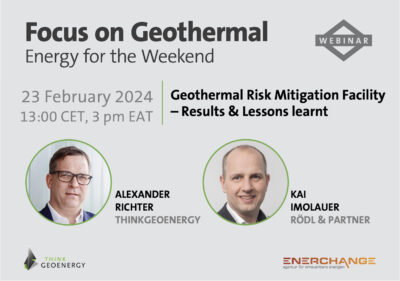Science & policy implementation for sustainable geothermal development in East Africa
Discussing implementation of science and policy at the recent ARGeo Geothermal Conference, roundtable members from various African nations concluded that geothermal energy holds the key to the achievement of most of the sustainable development goals.
At the African Rift Geothermal Conference in Addis Ababa, earlier this month, regional and international decision makers discussed science and policy implementation for sustainable development of geothermal resources in EARS countries.
Roundtable discussions among ministers responsible for mines and energy from EARS countries and other decision makers have concluded that geothermal energy holds the key to the achievement of most of the sustainable development goals.
The decision makers discussed modalities of creating an enabling environment for geothermal development in the eastern Africa region. The ARGeo Program Manager Meseret Zemedkin moderated the session on behalf of the Regional Director, UN Environment Office for Africa, Juliette Biao Koudenoukpo.
The round table discussions centered on four key areas: Decision Makers discuss science and policy implementation for sustainable development of geothermal resources in EARS countries
- How to promote science-based utilization of geothermal resources in the region,
- building a critical mass of skilled experts for sustainable geothermal development,
- leveraging political will at national strategic levels in terms of policy development and resource mobilization, and
- enhancing cooperation and synergies among Eastern Africa countries and partners to accelerate geothermal development in the region.
There was consensus that the key success factors for accelerated development of geothermal resources in the region centered on science-based decisions by policy makers; understanding unique characteristics of geothermal resources in the western and eastern branches of the eastern Africa rift system and apply appropriate strategies for each branch. The decision makers also noted that geothermal energy needs to be developed in an environmentally sustainable manner in responsive to Africa’s environmental and sustainable development policy as well as the strategic processes such as AU Agenda 2063 and the Common Africa Position (CAP) on Sustainable Development Goals (SDG 7).
In order to build a critical mass of skilled experts in the region there is a shift from project based to matured institutional support specifically through the Africa Geothermal Centre of Excellence. The center will be designed to address capacity building needs of the region and foster ownership while building on existing initiatives. Overall, the roundtable discussions encouraged cooperation and synergies among Eastern Africa countries endowed with geothermal resources through international forums for knowledge sharing and experience exchange, poling resources to maximize benefits, supporting the Africa Geothermal Centre Excellence and sharing geothermal data and information through the African Geothermal Inventory Database (AGID).
Source: ARGeo
